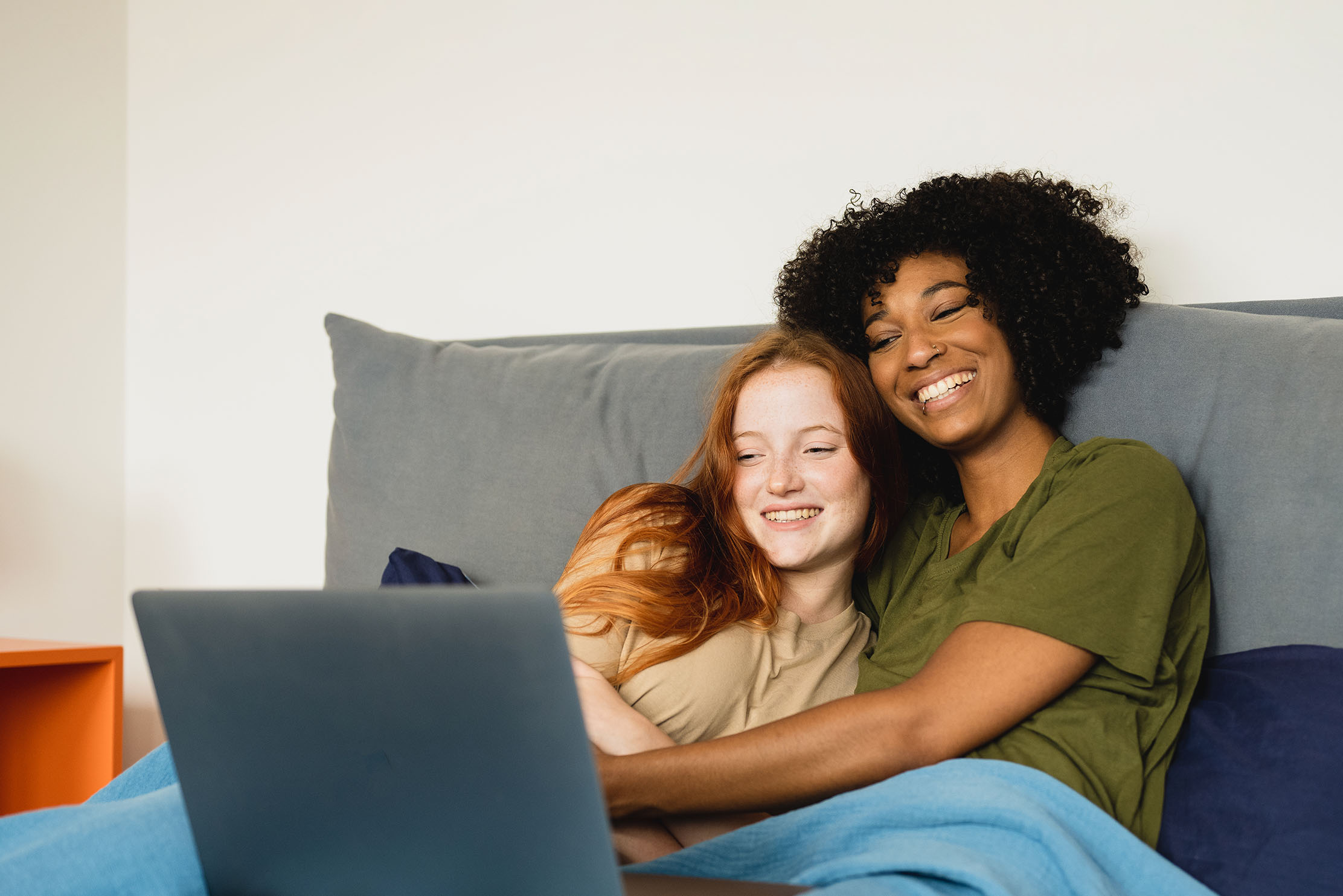Chlamydia is a bacterial infection. It is the most common STI in the UK and is easily passed on during unprotected sex.
How is Chlamydia passed on?
Chlamydia is passed on by unprotected sex or the exchange of infected genital fluids. It can be passed on even if there is no penetration, orgasm or ejaculation. You can get chlamydia through:
- Unprotected vaginal, anal or oral sex
- Sharing sex toys that aren’t washed or covered with a new condom each time they are used
- Your genitals coming into contact with your partner’s genitals
- Infected semen or vaginal fluid getting into your eye
- It can also be passed by a pregnant woman to her baby
You can prevent the spread of Chlamydia by using a condom every time you have vaginal, anal or oral sex. You should also cover the female genitals during oral sex using a dental dam.
If you share sex toys, you should wash them thoroughly between uses, and especially if you have multiple sexual partners or a new sexual partner.
How do I know if I have Chlamydia?
In women, chlamydia can cause pain or a burning sensation when urinating, a vaginal discharge, pain in the lower abdomen during or after sex, and bleeding during or after sex or between periods.
In men, chlamydia can cause pain or a burning sensation when urinating, a white, cloudy or watery discharge from the tip of the penis, and pain or tenderness in the testicles.
It’s also possible to have chlamydia infection in your rectum, throat or eyes.
How can Chlamydia be treated?
Chlamydia can usually be treated easily with antibiotics.
It’s important that your current sexual partner and any other sexual partners you’ve had during the last six months are also tested and treated to help stop the spread of the infection.
Should I test for Chlamydia?
If left untreated, chlamydia can lead to serious long-term health problems including infertility.
Testing for chlamydia involves a urine tests or taking a swab of the affected area. Chlamydia is easily treated with antibiotics.
Emergency Support

Free & confidential sexual health services for Black, Asian, and Minority Ethnic communities

Providing advice, support and resources for LGBT people to take control of their sexual health and wellbeing


